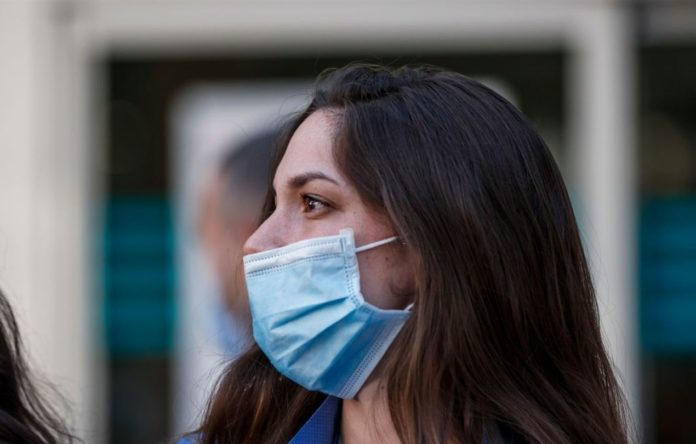The exceptional success of the vaccination deployment in the United States appears to be stopping the pandemic’s momentum. Recent data, however, have raised worries that the virus has not yet been entirely tamed by the vaccine.
There is growing concern that some COVID-19 variations may be edging out conventional vaccinations. According to a new study, two, in particular, are proven to be more vaccine-resistant than others.
A team of researchers discovered that two variations, B.1.1.7 (Alpha) and B.1.351 (Beta), showed lower antibody levels in people who had been vaccinated with the Pfizer vaccine or had previously been infected with the virus.
The Beta form was discovered in South Africa, where it has since dominated. It was initially detected before the Delta variant.
The World Health Organization, on the other hand, considers Alpha, which was initially found in the UK, to be a variant of concern, noting that it may have enhanced severity based on hospitalisation and death rates.
Co-senior author Fikadu Tafesse, assistant professor of molecular microbiology and immunity in the OHSU School of Medicine said: “We know that the virus continues to evolve for its own advantage.”
The researchers emphasised that, despite the reduced protection against the two types of concern, the fact that the vaccine and earlier infection still provided some residual protection remained a plus.
The researchers used real variants isolated from patients received from a national repository for their study.
They grew a cell line from the original COVID-19 virus as well as two variants.
Each viral sample was mixed with blood samples from 50 people who had previously received the Pfizer vaccination, as well as 44 persons who had previously been infected with the virus.
Following that, the researchers assessed how efficient the antibodies were at preventing infection from each individual strain of the virus.
The findings demonstrated a nine-fold decrease in effectiveness when compared to the original COVID-19 virus.
The findings also demonstrated a significant decrease in antibody efficacy in those aged 50 and up.
The data imply that the Pfizer jab continues to provide some amount of protection against these variants, despite the fact that the total level of neutralising antibodies is lower than against earlier strains of COVID-19, according to the scientists.
Marcel Curlin, associate professor of medicine at the OHSU School of Medicine and co-senior author, said he is still optimistic that broad vaccination paired with safety precautions would prevent the virus from spreading.
He said: “Influenza has a much larger potential for variability than the coronavirus. Hopefully, coronaviruses will be easier to manage.”S
Study co-author Bill Messer, assistant professor of molecular microbiology and immunology and medicine in the OHSU School of Medicine, said this heightened susceptibility of older generations to the virus was cause for concern.
He explained: “The people who surround our older and more vulnerable populations need to get vaccines and minimise exposure to the virus.
“You can’t just walk into a nursing home because they’re all vaccinated. If you’re not vaccinated, that’s still a problem.”
According to Pfizer CEO Albert Boula, it is conceivable that COVID-19 mutations resistant to currently available vaccines will arise in the future.
He told Fox News’ America’s Newsroom: “Every time that the variant appears in the world, our scientists are getting their hands around it. They are researching to see if this variant can escape the protection of our vaccine. We haven’t identified any yet, but we believe that it is likely that one day, one of them will emerge.
“We have built a process that within nine-five days from the day that we identify a variant as a variant of concerns we will be able to have a vaccine tailor-made against this variant.”
Photo by DeFodi Images via Getty Images
